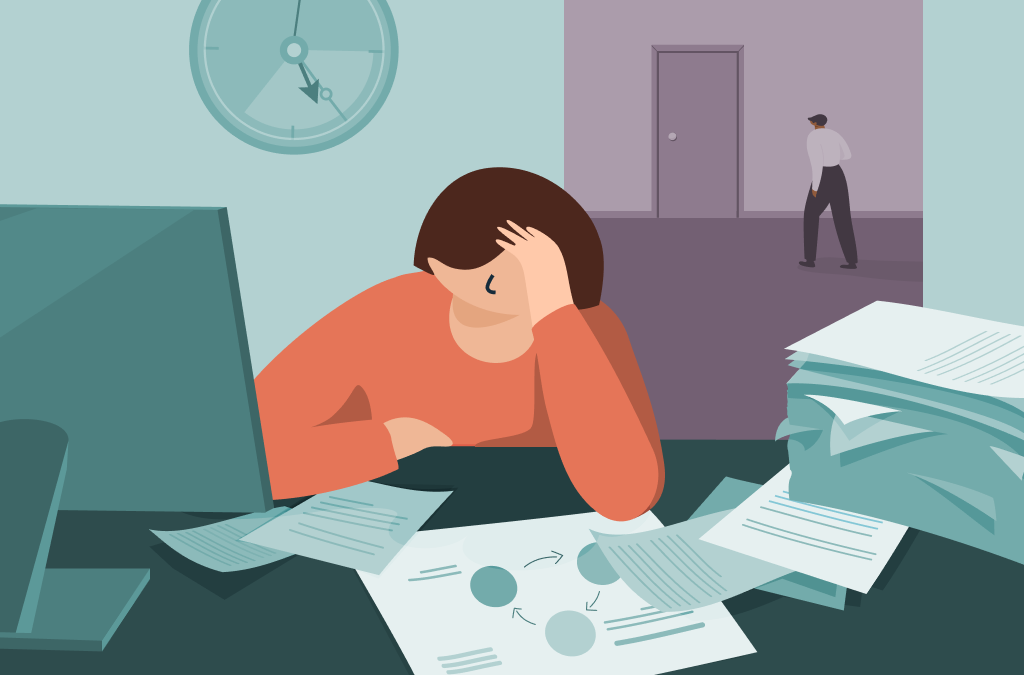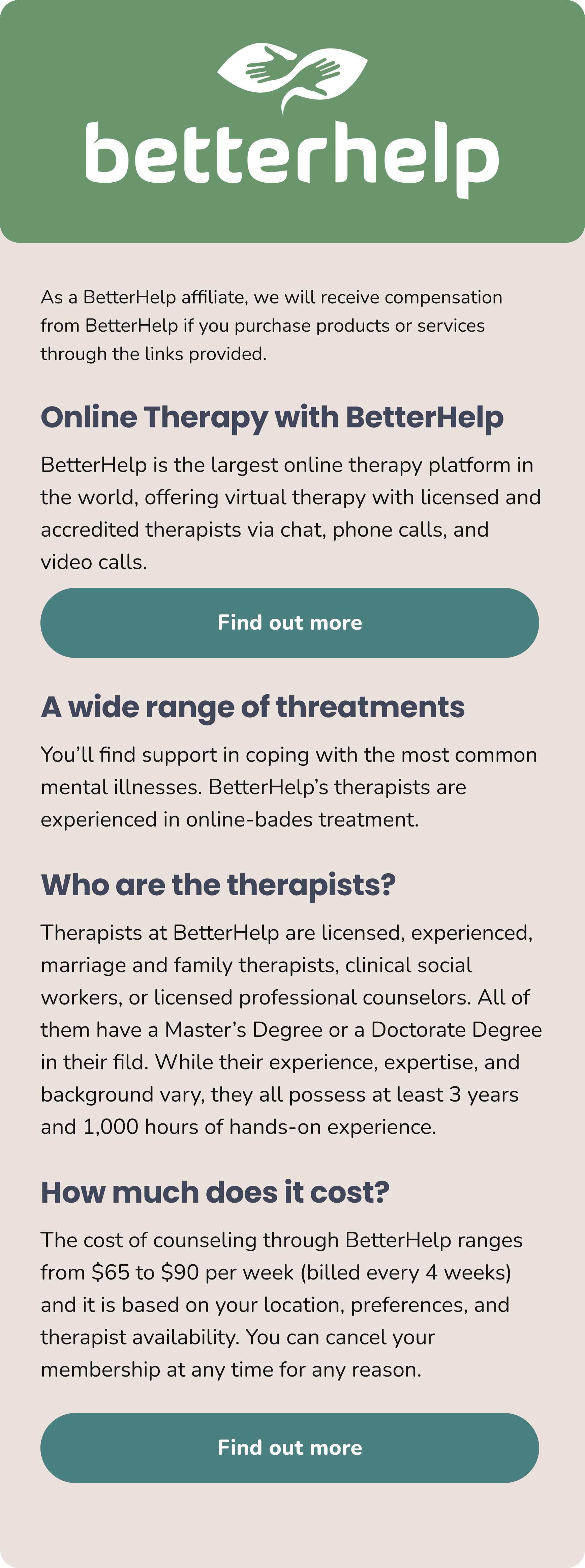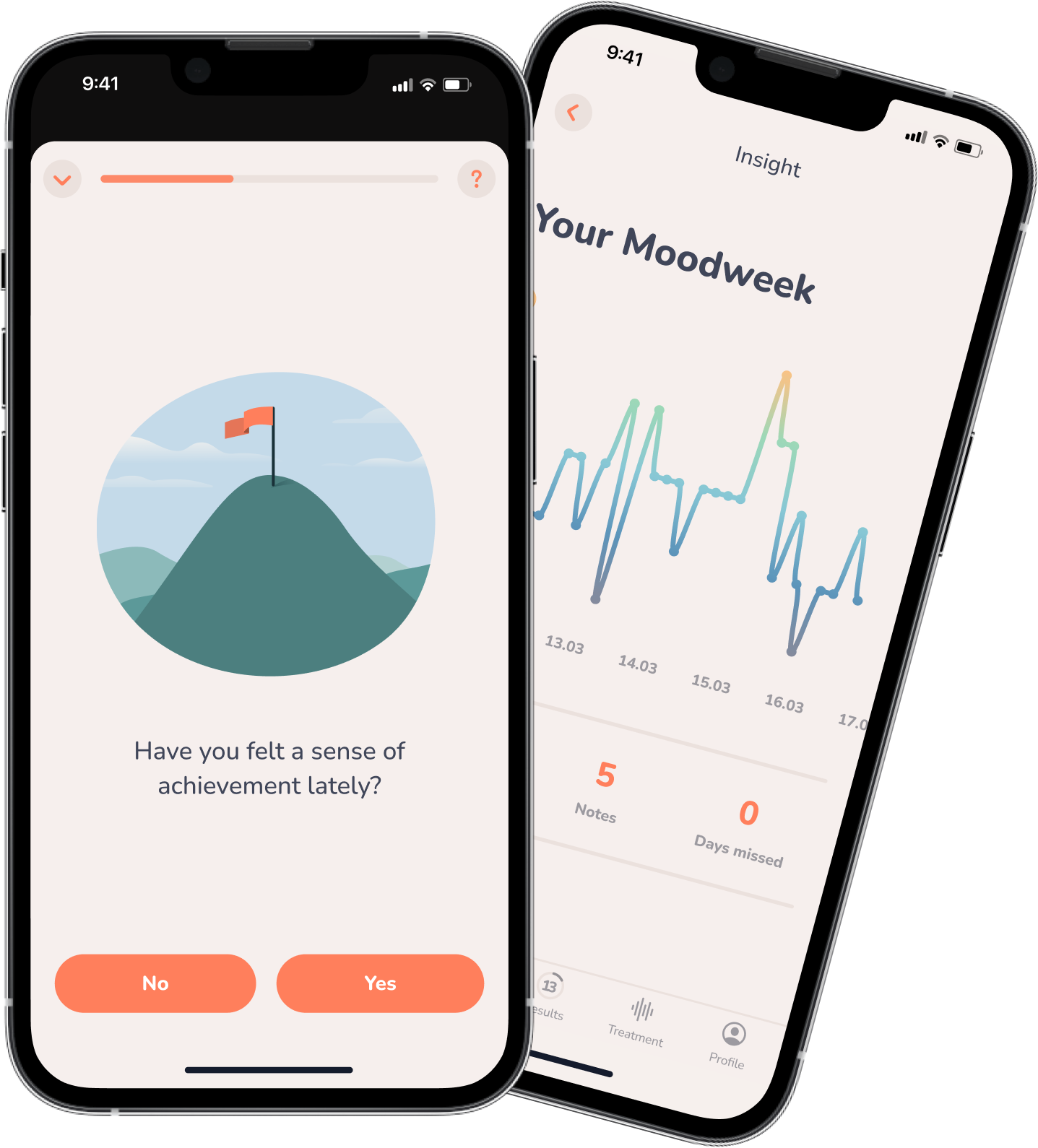Insight
Breaking the Silence: How to Start a Conversation about Mental Health
While most people find it pretty normal to talk openly about what’s bothering them physically, many don’t have the same level of comfort in discussing mental illnesses or conditions. So, while someone may think nothing of telling a co-worker about how distracting their allergies are or how much pain they’ve been in with their broken leg, they might say nothing about how hard it’s been for them to stay motivated or how difficult sleeping through the night has been because of their anxiety.

Despite increased awareness of the wide prevalence of mental health struggles, there still seems to be a stigma around them, at least in certain circles or circumstances. And this creates feelings of shame and isolation.
Yet it is by talking about these experiences that people can see that they’re not alone. And can receive the support that can help. In more severe cases, talking to someone else can even save a life.
Are you struggling with your mental health or do you know someone who is? This post offers suggestions for how to start a conversation about it.
Confiding in Someone
To Talk or Remain Silent?
If you’re struggling emotionally, chances are you’re feeling like you’re the only one. Many people think they’re alone in their mental distress, yet, statistically, one out of every four people at any given time meet the criteria of a mental disorder, and this number is likely lower than the reality. Next time you go to work, then, or to the store, or when you’re in a crowd, remember that for every four people you see, at least one is having a hard time emotionally.
Feeling alone or ashamed when mentally distressed is usually what’s behind a person’s hesitation to talk to others. They’re often afraid that others wouldn’t understand or will judge them for what they’re going through.
If you’re feeling low and haven’t yet told anyone, a first step might be weighing the pros and cons to opening up. Consider what would be the best outcome if you were to talk to someone else? What would be the worst? How likely are each of these outcomes, really? Are you fearful about opening up? If so, what risks do you see in doing so? What risks might there be to remaining silent? Again, ask yourself how likely it is that the worst-case scenario will happen? What about the best-case scenario? Is there a middle between these two that is most likely?
Ultimately, of course, the decision to talk to someone about your experiences is entirely yours, as is deciding who you could confide in.
Deciding on Who to Talk To
If you’re considering telling someone about your emotional health, you might want to take a little time to decide who the best person to approach would be. Do you have a friend who’s usually pretty good at listening? Or someone you know who often openly speaks about their own feelings? Listen to your gut to identify who you’d be most comfortable with. And remember this could be someone you already feel close to or it could be someone a bit more distant, such as a co-worker or neighbor.
Planning the Conversation
Sometimes letting the other person know you’d like to talk can make getting started easier.
Consider where and in what format (in person? on the phone? etc.) would be best for you and maybe make a suggestion along those lines: “Something is going on with me right now, and I think talking about it with you would really help. Are you free to go on a walk with me this weekend?”
Thinking through some of the specifics ahead of time of what you’d like to share can also be helpful. When you’re not feeling well it can be harder to put into words what’s bothering you. If you can, write it out. The very act of writing can help you sort and process more clearly.
You can also think about whether you have a request for the other person or are you just looking for them to listen? Maybe there’s something they could help with, like getting you set up with a mental health practitioner.
During the Conversation
It’s you who sets the pace, depth, and length of the conversation. Of course, the more you tell the other person, the easier it is for them to understand what’s going on. But if it all gets to be too much, if you need a short break, or if you’re not comfortable answering a question, feel free to say so. If you’re not looking for advice but the other person gives it, you could say something like, “I appreciate that you’re trying to help me, but what I need most right now is for you to just listen.”
Talking about what’s bothering you emotionally can be exhausting and it can temporarily bring up even more uncomfortable or painful feelings. Even so, the conversation should, in the end, make you feel better rather than worse. If you sense the other person is overwhelmed or is not understanding, or if you’re uncomfortable with the conversation for any other reason, don’t push yourself to continue.
After the Conversation
Regardless of how the conversation went—you can be proud of yourself for reaching out. How do you feel now that you’ve opened up a bit? A bit relieved? More hopeful? Less alone? Something else?
Or, if the other person’s response was not what you had hoped, try to remember that there could be all kinds of reasons for this that have nothing to do with you. Maybe hearing about your struggles triggered their own emotional response? Maybe, for whatever reason, they just could not understand or empathize. Their reaction is their reaction and is not something you can direct.
Even so, opening up to the people around you is an important step. There are times when all you need is their support. However, if you find yourself continuing to feel really low or upset over a longer period of time, it may be time to get on board with a mental health practitioner.
When Someone You Know Is Struggling
Have you noticed a friend withdrawing? Or that your partner has been tense and irritable for a few weeks? Or that a co-worker has been down or indifferent lately? In other words, are you concerned about someone else’s emotional state?
It can be hard to know what to do when someone you know is struggling. You may be hesitant to say something for fear of prying or butting in where you’re not wanted.
While it may be true that the other person really doesn’t want to talk openly with you about what’s bothering them, it could also be true that they themselves don’t know how to approach the topic with you. They might be concerned about being a burden or bringing you down. Or they might feel ashamed for how they’re feeling. The only way to find out is to talk to them, but you’ll want to tread lightly so the other person doesn’t feel pushed or forced. You could start by simply letting the other person know you’re here and ready to listen if they wanted to talk.
Below are some additional suggestions.
Encourage yourself. Remember that you don’t need to be a mental health expert to talk to someone about their emotional state. Your willingness to listen is a good place to start.
Create the right conditions. When approaching someone else to have a conversation about what’s bothering them, choose a quiet moment in a relaxing or comfortable place. They’re less likely to open up if you’re squeezing them in between appointments or meeting you in a crowded coffee shop. Maybe you could ask them if they’d like to take a walk? Some people find it easier to open up when they’re moving and not sitting directly across from the other person.
Get started. To start the conversation, you might say something like, “I get the impression that something has been bothering you lately. Would you like to talk about it?” If you’re worried, you can also express your concern—”I care about you and am worried. I’m happy to listen if you want to tell me what’s on your mind.” Try not to take it personally if the other person doesn’t take you up on your offer to talk. They might not be in the mood at that moment or need some time to think about it first.
Listen actively. Actively listening is a crucial part of any conversation, but especially so when you’re inviting the other person to open up. Try to approach the other person without judgment and let them set the pace. Asking open nonjudgmental questions such as “How does that feel?” or “How does this affect your daily life?” can also create understanding and help the other person share their experience.
Avoid the solution trap. Resist the impulse to offer advice and quick solutions. Often this impulse arises from a desire to help or from one’s own sense of helplessness. Mental distress is complex, and those affected have usually already tried a number of coping strategies. If you feel helpless, remember that just being there and simply listening is worth a lot.
Respect your own boundaries. As a partner, friend, or co-worker you are a confidant but not the other person’s therapist. You’re also not responsible for their well-being. When you reach out to someone who’s struggling emotionally, it can be hard so also look out for your own needs. If you begin to feel overwhelmed, you’re allowed to set your own boundaries for what you can and cannot do. You might encourage the other person to seek professional help, especially if they’ve been distraught for a period of time. Or, if you’re up for it, maybe you could offer to help them through the process of finding a mental health professional.
Takeaways
If you yourself are feeling emotionally distraught but haven’t yet told anyone else, consider opening up to someone you trust. Just talking through what’s bothering you to a supportive person can offer relief and help you see that you’re not alone.
If you’re concerned about someone else who has seemed upset or down for a while, you might consider approaching them to let them know what you’re seeing and offering to listen to what’s bothering them without giving unsolicited advice. If professional support is needed and you’re up for helping them find someone, this could be a practical way to help but remember to take care of yourself in the situation as well.

Psychological Needs in the Workplace: How to Meet Them
Deadlines, conflicts, pressure to perform—many people grapple with stressors at work. The extent to which these weigh on someone depends in large part on whether psychological needs are being met at work.

High-Functioning Depression: The Hidden Suffering
When people think of depression, usually intense sadness, low energy, social withdrawal, difficulty getting out of bed, and managing daily life come to mind. But this is not always the case.

Obsessive-Compulsive Disorder: When Thoughts and Actions Become Torture
In this article, we explore what characterizes such thoughts and behaviors as well as how they can be treated.

Bullied at Work—Here’s What You Can Do!
In this article, we look at the nature of workplace bullying, its causes and consequences, and what you can do if you are being bullied at work.



